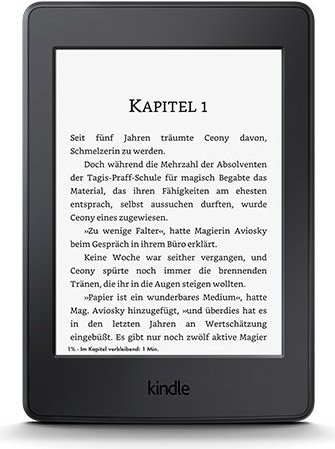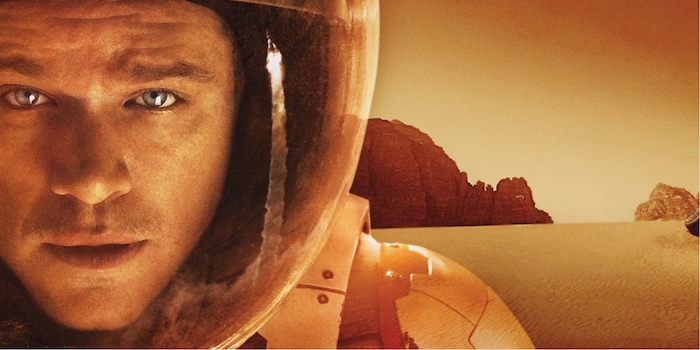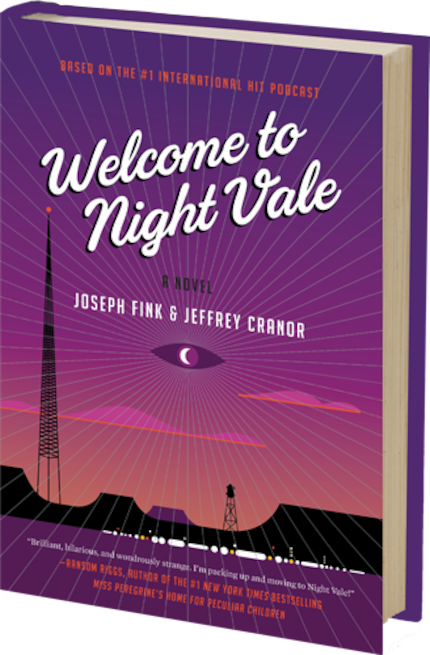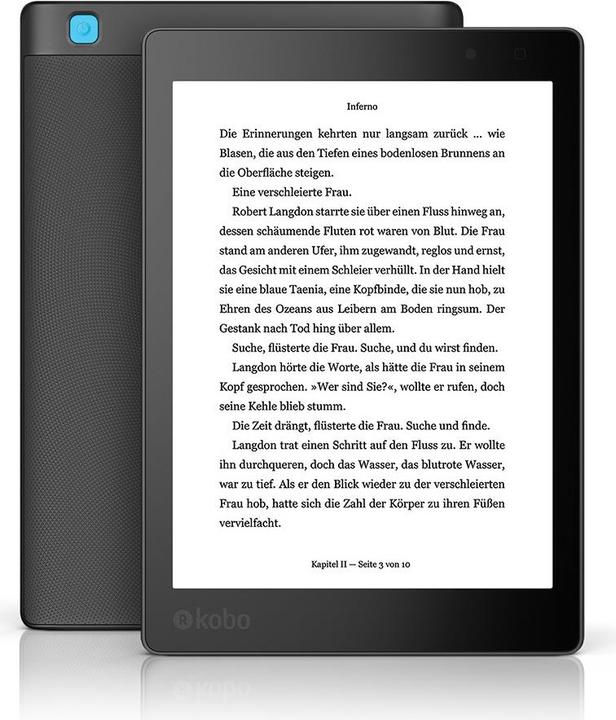

Why the eReader beats paper and I will never do without books
Paper is out, say manufacturers like Amazon and Kobo. Soulless electronic waste, say book fans about eReaders. In short: digital books are the big controversy in the book trade and among readers. An attempt to calm the waves.
I grew up with books. According to my mum, a teacher, it was always important for me to have a connection to the written word. I started reading early and have never stopped since. After school, I started writing. I blog, have written for newspapers and books and now write articles for Digitec and Galaxus. I know a lot about paper, as I once had to choose from 17 different types of white paper for my first book. An entire wall in my flat is lined with bookshelves up to five millimetres below the ceiling and about one centimetre from the door frame. In short: I love books, stories and I love writing.

Nevertheless, my Kindle is my daily companion. Of all my consumer electronics, the Kindle is the device I would least like to do without. Book purists have probably already pulled out their torches and pitchforks, conjuring up the death of the bookshop and demanding an apology in the name of Gutenberg. But I'm sticking to my guns: not without my Kindle.
Consumption vs. enjoyment
Nothing will ever replace a book for me. That's for sure. A hundred Kindles can come along and Amazon can offer as many Unlimited products as it likes. Because my expectations of a book are completely different to my expectations of a story.
My Kindle is therefore always with me because it is miles ahead of a book in terms of technology. I can pick up a new story in seconds when I'm on the move, at an airport somewhere in the world or on the bus on the way to the office, and read it straight away. For bookworms like me, this is infinitely valuable and a great quality of life.
The ubiquitous books aren't even my favourite feature of the Kindle. It's the illumination of the ePaper screen. No matter how light or dark it is on the bus, at the airport or at home in bed, the story in front of me is always the same brightness and I can immerse myself in the book even when I'm on the move.
When it comes to consuming a story, i.e. just the content of the book, then an eReader is clearly the winner.
The opportunity for independent authors
Furthermore, programmes such as Amazon's Kindle Direct Publishing (KDP), where anyone can publish their book without the promise of a publisher, have done a service to the diversity of the written word. Every publishing initiative with printed pages, no matter how ambitious, has failed to achieve this. Thanks to KDP, we have books like Andy Weir's The Martian. The story of an astronaut stranded on Mars with probably the most annoying sense of humour of all time started out as a normal book. Andy Weir sent the book to publishers and received rejection after rejection. Discouraged, he then decided to publish the book chapter by chapter for free on his website. However, fans wanted to read the story of Mark Watney and sentences like "Fuck you, Mars!" and "Mars will learn to fear me and the power of my botanical powers!" on their Kindles. Andy Weir then took advantage of KDP and offered the book for 99 cents. The book became an Amazon bestseller. The Martian found its way onto my bookshelf after a publisher finally decided to print the book.
The Martian is considered one of the best and most influential science fiction books of recent years. The success story has come to a temporary end with the film adaptation of the story by science fiction grandmaster Ridley Scott.
On the other hand, publishing programmes such as KDP show the stranger side of humanity. Christie Sims and Alara Branwen have made a strange fetish almost socially acceptable with their short story Taken by the T-Rex, a woman's sexual and totally anachronistic encounter with an aroused Tyrannosaurus Rex. Luna Loupe has written a story in which a shape-shifting cuttlefish (a kind of octopus) enters into a homosexual relationship with a man. The story ends in an orgy. Nevertheless: without KDP, we wouldn't know that this is obviously something that is not only written, but also read.
The world is a strange place.
Between Weir and Sims/Branwen, there are thousands of authors trying their luck away from the established publishers and that's a good thing. Time and again I discover short stories or entire books that are good to read but would never make it into a publishing programme.
Why books will never die out
On the other hand, I still buy books and magazines. Most recently, I bought China Miéville's latest book The Last Days of New Paris and the first novel set in the world of the podcast Welcome to Night Vale. And a few novels from the science fiction series Perry Rhodan. Plus around two dozen comics from DC and Marvel.

But a book is no longer something I read on the bus or tram. A book has gone from being the carrier of a story to an object of quality of life. When I read a book, it's a conscious pleasure. I smell the paper and the glue of the book, feel the roughness of the paper and sit in a comfortable chair or curl up under a blanket on the couch and successfully hide from the world.
Over the years, my eReader has taught me one thing: books are more than just words that become a story. I have rediscovered books, something I never expected as a bookworm since the age of four. I have also bought far more books despite having a Kindle. Because if I like a Kindle book, I want to have it on my shelf. So I have bought strange books that are far outside my favourite genres. My Kindle has made my library better.
Ideally, however, only one thing counts for me in the end: that you, your family and all your friends read. No matter what. Read newspapers, comics, books, Playboy, instruction manuals or articles on digitec.
And while you're here: What do you think? Are eReaders better than books? Why are they or why aren't they? Tell me and everyone else here in the comments. Then there'll be even more reading material.
You might also be interested in this
Journalist. Author. Hacker. A storyteller searching for boundaries, secrets and taboos – putting the world to paper. Not because I can but because I can’t not.
From the latest iPhone to the return of 80s fashion. The editorial team will help you make sense of it all.
Show all


